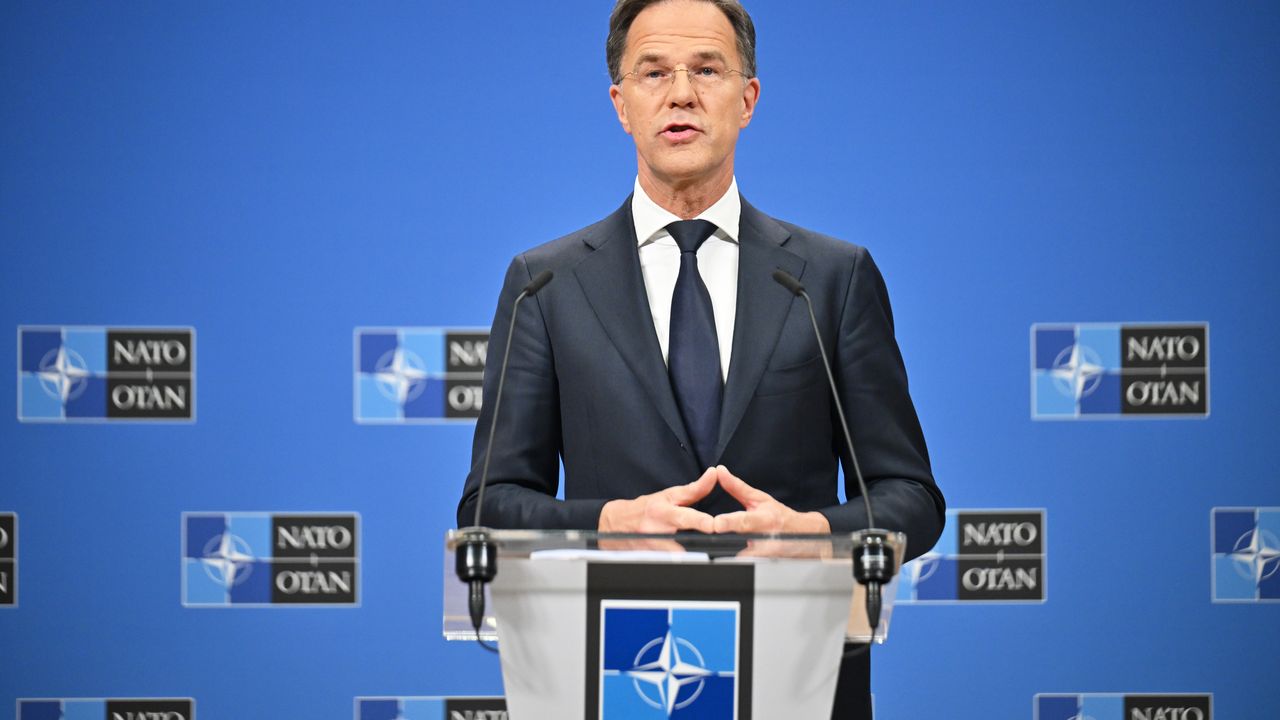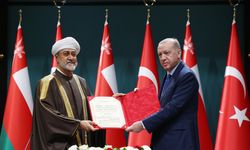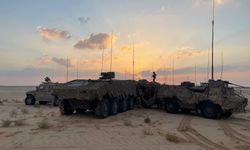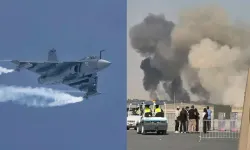NATO Secretary General Mark Rutte addressed questions on the impact of the new tariffs announced by U.S. President Donald Trump, stating that these tariffs do not breach the NATO treaties, including Article 2, which encourages economic cooperation among allied nations.
Rutte made these remarks during a meeting with NATO foreign ministers in Brussels. He responded to a query about whether the tariffs conflicted with NATO’s commitment to fostering economic collaboration as outlined in Article 2 of the alliance’s treaty. The article states that NATO members will aim to eliminate conflicts in international economic policies and encourage economic collaboration.
In his response, Rutte explained that while the tariffs have stirred global markets and raised concerns about a potential trade war, they do not violate NATO agreements. He pointed to historical precedents where disagreements over tariffs occurred without contravening NATO's principles. “We have seen in the past many examples of differences of view, of fights over tariffs. This has happened before, without that being in violation of Article 2,” Rutte said.
He further clarified that the issue of tariffs falls outside his primary responsibilities, noting, "My role is deeply focused on the defense of NATO territory, and that is why I’m not commenting on other matters unrelated to NATO’s defense."
Russia's Threat to NATO
Rutte also highlighted the ongoing challenge posed by Russia, describing it as a "long-term and enduring threat." He emphasized that the alliance's attention remains fixed on Russia’s activities, marking it as NATO’s primary concern in the current global security landscape.
Additionally, NATO members received a clear message from U.S. Secretary of State Marco Rubio regarding America's commitment to the alliance. Rubio reinforced the need for Europe and Canada to take on more responsibility in shared security matters, alongside increasing defense spending.







